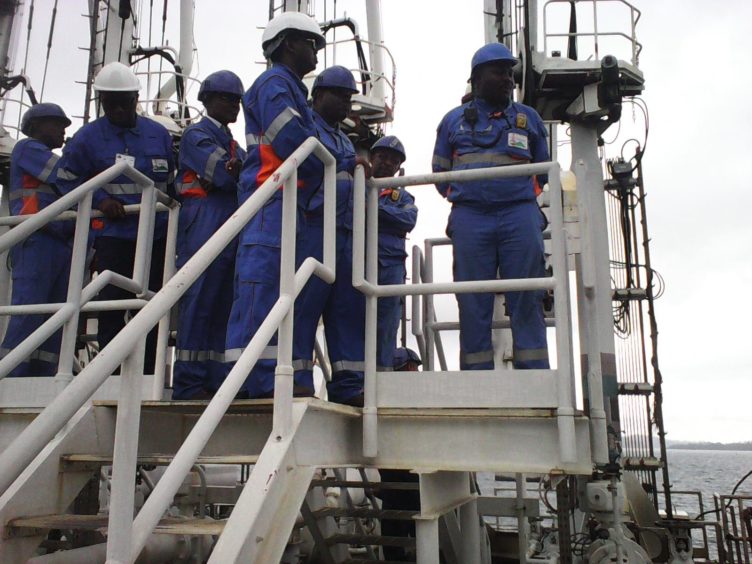
The cost to repair the fire-damaged Sonara refinery in Cameroon is 250 billion Central African francs ($461.8 million).
Even before Sonara has a chance to consider this investment, it must restructure its debt, Cameroon Minister of Water and Energy Gaston Eloundou told parliament on December 1.
The official said that talks were under way with “technical and financial partners who have expressed interest in the reconstruction of this refinery. However, the finalisation of these negotiations depends on the restructuring of Sonara’s large debt,” according to local newspaper Legideon.
The International Monetary Fund (IMF) has reported that Sonara’s debt was 731bn CFA ($1.35bn) as of the end of July. The IMF did say that progress has been made on restructuring.
Sonara became unable to pay its debts following the fire at the Limbe plant in May 2019. This damaged four of the 13 units at the facility. It is not yet clear which companies might be interested in rebuilding the facility, although Russia’s Lukoil has been mentioned.
Debt plans
As of September, local banks holding around one third of the debt had agreed to a process. This is based on a five-year plan of Sonara operating solely as an oil importer, the state providing a letter of comfort for the banks and a new levy to support the refiner.
Cameroon set new product prices in March. These include a 47.88 CFA ($0.09) per litre levy intended to repay Sonara’s debt. The international agency said the new price structure should generate enough revenues to pay the debt.
Should the refiner not be able to complete the restructuring, it would endanger Cameroon’s outlook. The IMF has said the country is at high risk of debt distress. Should Sonara not be able to pay the local banks, this would have a knock on impact on the country’s domestic financing ability.
The IMF also reported that Cameroon was in talks with oil traders, who also hold Sonara debt.
